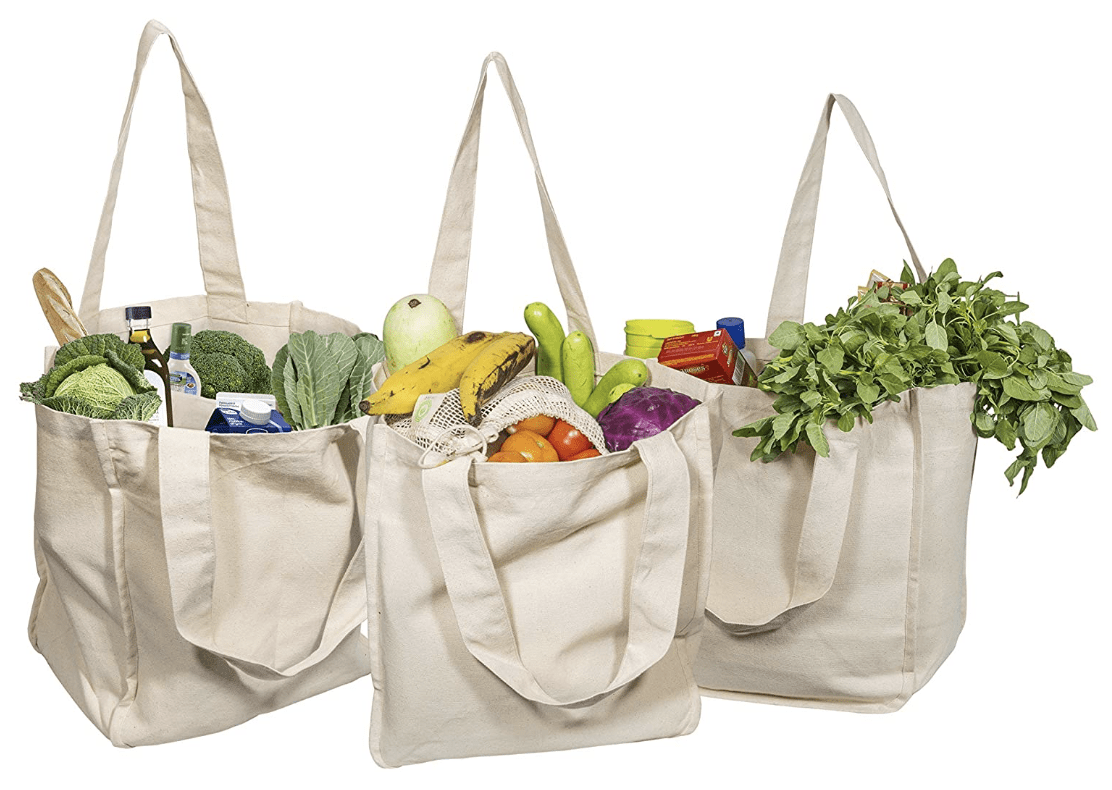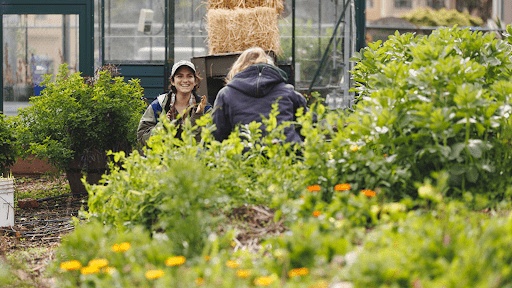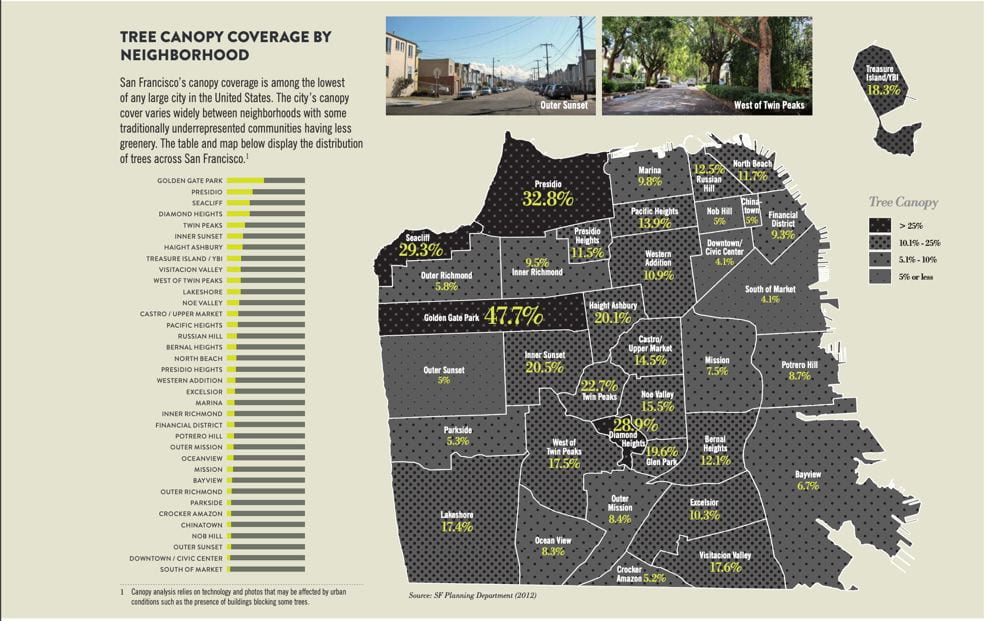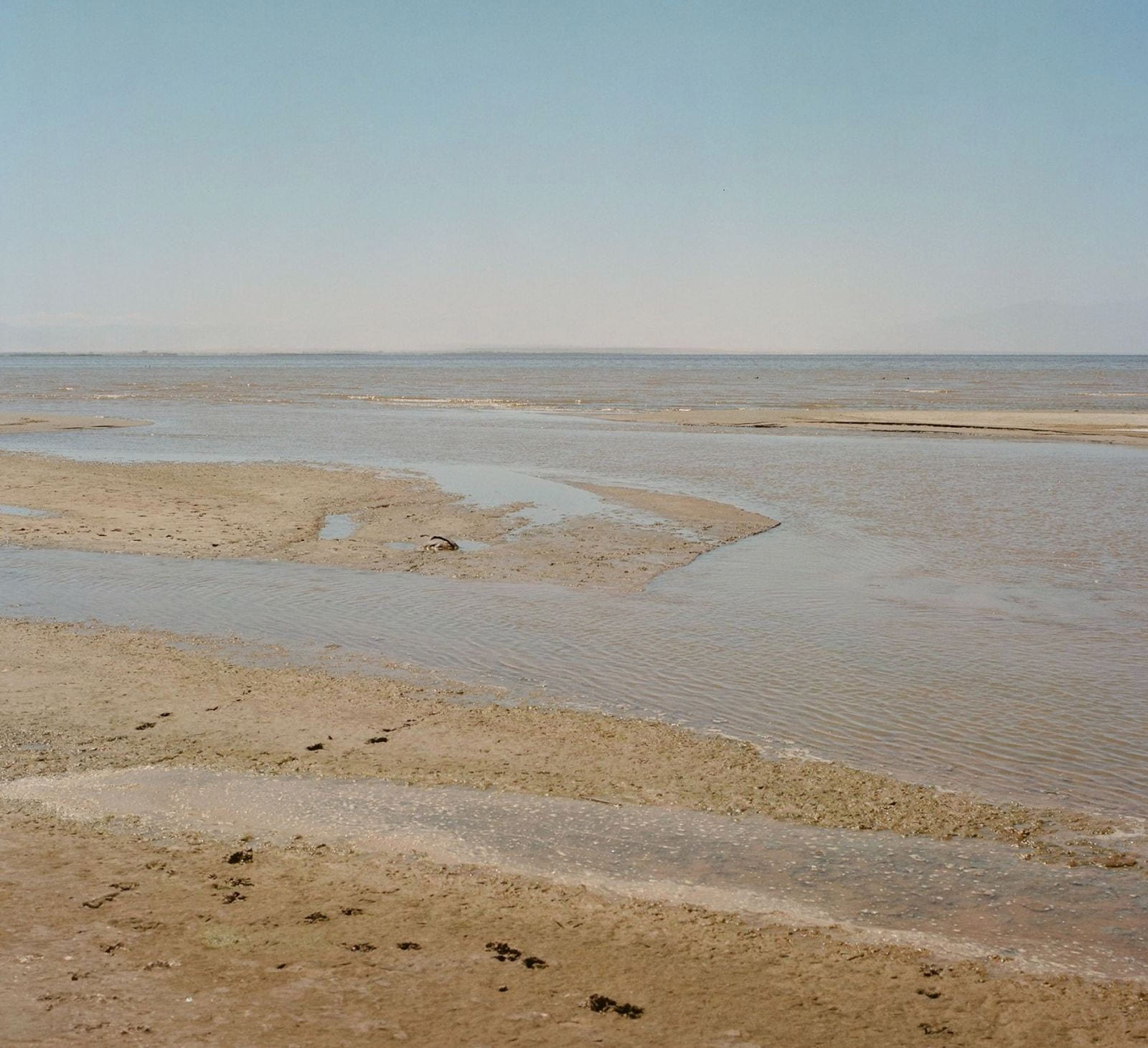How To Have an Eco-Friendly and Sustainable Summer
With finals coming up and summer right around the corner, many of us students are planning trips back home, vacations around the world, or even plans to stay here and explore San Francisco. But despite how relaxed and carefree we are when summer rolls around, it is important for us to still be mindful and considerate when it comes to our environment. Not only do flights and other modes of transportation take a toll on our planet, we are unaware that we sometimes make small actions during summer break that can have severe consequences in the long run. Here are eight tips to get you started with having a more eco-friendly and sustainable summer. Feel free to reflect and add your own tips to this list!
1. Avoid disposable plates, cutlery, and to-go boxes
When visiting a new place, whether that be a new city, state, or country, it is exciting to go out and try local cuisines and restaurants. For meals, consider dining in at a restaurant rather than taking food to go. Dining in eliminates the need for plastic plates and disposable cutlery. If you have leftovers, consider bringing your own reusable containers rather than using a single-use to-go box from the restaurant. Not only is this a sustainable habit, it also allows you to have a more immersive experience rather than taking food to-go to eat at your home or hotel room.

Example of sustainable dining piece options.
2. Wear ethical clothing, possibly sourced from a second-hand store

Rack of clothing.
Over summer break, it is common for people to want to reinvent themselves and have what Megan Thee Stallion coined, a “Hot Girl Summer”. For many people, this includes buying many new clothes to add to your wardrobe. To make this habit a more eco-friendly and sustainable one, avoid fast-fashion companies like SHEIN, Zara, and Forever 21 when it comes to sourcing your clothing. Instead, wear ethically sourced clothing. These ethical brands can be found online, in local shops, and even through a second-hand store. When shopping online, be sure to explore the website you are purchasing from to see what their sustainable goals and ethics for production are. By doing further research on these clothing companies, you can see if brands are genuinely ethical or if they are simply greenwashing. Shopping locally is a bit easier, where you can easily check tags and talk to owners and employees about how they source their products. This not only helps you see if products are ethical, but it gets you engaged with the community you are visiting.
3. Use eco-friendly sunscreen
With outdoor summer activities such as going to the beach, lounging by a pool, or going on a hike, it is important to wear sunscreen. However, with hundreds of different sunscreen options, all with different labels, it can be difficult to choose the right one. Oftentimes, we tend to choose the cheapest brand of sunscreen, however this choice may not always be good for your skin nor the environment. Not only is it important to find a product that works best for you, regardless of price, but it is also important to be aware of the dangers it can cause. Especially when being in outdoor areas, like beaches, consider finding a sunscreen that is reef-safe. This not only protects you but the environment you are visiting as well.

Example of local shopping.
4. Shop local
Make the most out of your experience when visiting a new place while on summer vacation! Avoid stores like Target and Walmart as well as shopping malls with stores you can typically find at home. Instead, shop local. Visit farmers markets and explore local boutiques. Learn what foods and products the city you are visiting is famous for and discover where you can find it from local or small businesses. Doing this not only helps you have a better experience, it also allows you to better appreciate the place you are visiting.
5. Use reusable shopping bags
When visiting a new place over the summer, many of us like to shop, purchasing unique, site-specific items for ourselves, family, and friends. When shopping, consider bringing along a reusable shopping bag with you. This is sustainable, as it reduces the need for the use of many disposable bags. If you don’t have a reusable bag or simply forget it at home, you can always purchase a cute tote bag which is both sustainable and something that reminds you of your trip.

Reusable tote bags.
6. Get involved with your community and volunteer
If you don’t have many plans over the summer and are looking for something to do, consider getting involved with your community and volunteering with an organization that promotes sustainability or works with the environment. Not only will this give you volunteer experience as well as allow you to become closer with your community, it will also teach you valuable lessons about protecting the planet.
7. Work on a sustainable project over summer
Being back home during the summer can honestly get a bit boring. Although it is great to be back home, you may find yourself wanting to do something new. If this happens to you over break, consider spending your summer working on a sustainable project. This can include starting a garden with a compost bin, turning old clothing into unique tote bags, or even making your own beauty products instead of purchasing pre-packaged items. The opportunities for sustainable projects are endless and can make your summer more hands-on and enjoyable.
8. Remember sustainable tourism
With the impacts of the COVID-19 pandemic lessening, many people are choosing to go on vacations, especially for summer break. It is important to realize that with this mass tourism, there will be great impacts on the environment. In order to have an eco-friendly and sustainable summer, you must remember the concept of sustainable tourism, which essentially encourages sustainable practices in and by the tourism industry. As a tourist, you can uphold values of sustainable tourism by following these tips and working towards minimizing your impact.
Whether you choose to stay home or travel this summer, keep in mind these eight tips on how to make your break an eco-friendly and sustainable one. Remember that the list doesn’t end here, as it prompts you to continue thinking about how you can be conscious and aware of your choices and their impacts on the planet. Feel free to start your own list of your own tips that work for you.


